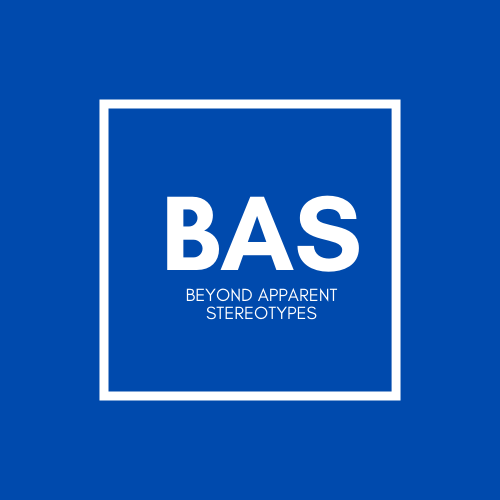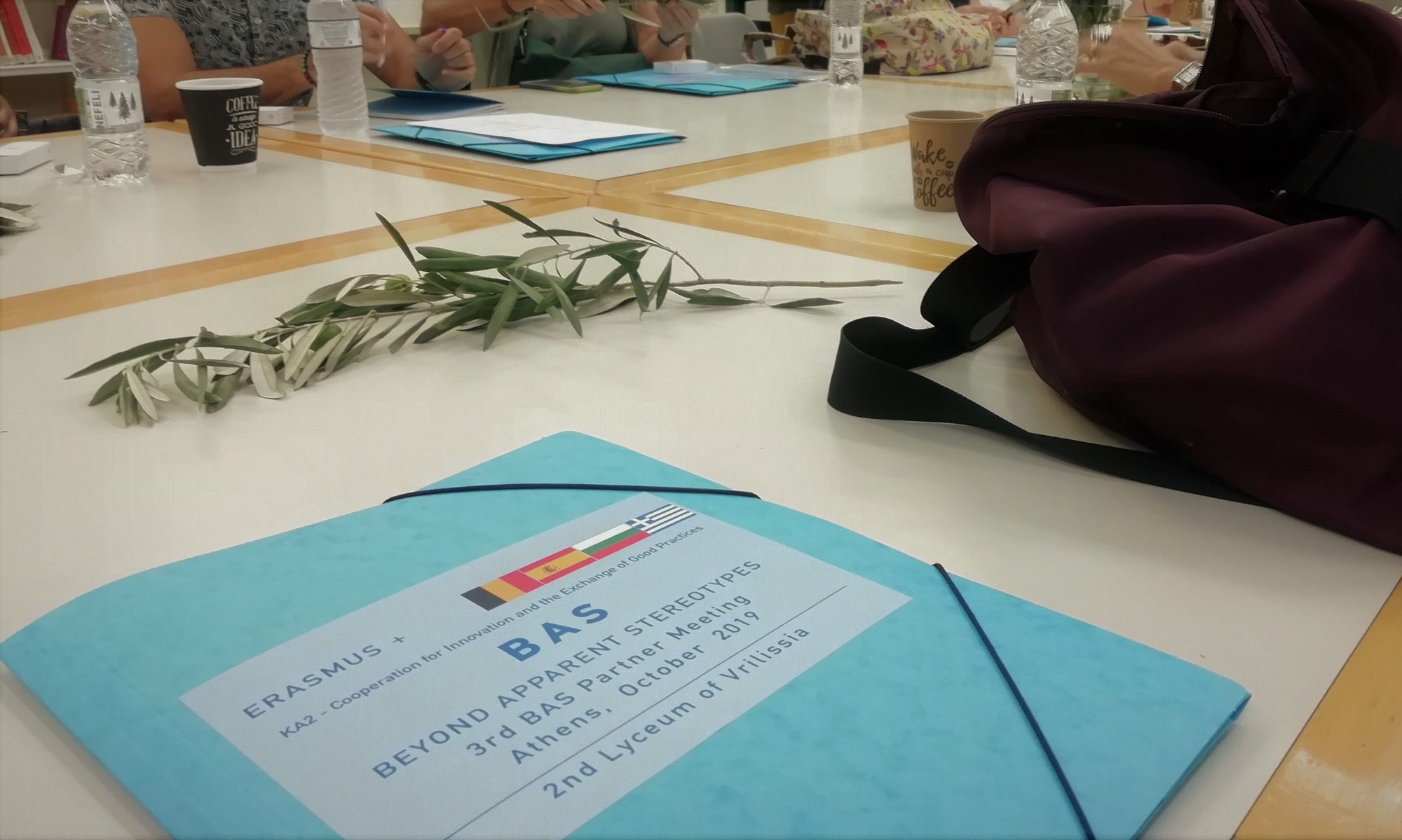The existence of stereotypes among people is an issue in modern societies. The reaction to the increasingly growing cultural diversity is often reclusion and retraction, and a growing support of community, ‘nativism’ and nationalism.

In this context the BAS project is developing and organizing intercultural exchange field trips to develop intercultural competences and skills among young people of 15/16 years of age, that are still in their “impressionable years”, which is roughly between the age of 12 and 24. The project wishes to go beyond general cultural representations and provide students with a deeper insight on cultural characteristics, such as lifestyle, cultural heritage, and social habits.
Preparing the intercultural exchanges
Within the framework of the BAS project students from Belgium, Bulgaria, Greece, and Spain will have the chance to visit another country, meet the local students and participate in a wide range of co-created activities.

Trips will be organised in three distinctive phases based on Porth’s (1997) and Cushner’s (2004) guidelines for the organisation of educational travels.
A factor of great significance, concerning all stages of the intercultural exchange preparation and implementation, is the intergroup contact among participating students. The communication and interaction between participants are key factors for the successful and long-lasting impact of the exchanges. Allport’s (1954) contact principles (equal status of participants, engagement in cooperative activities, work towards a common goal and common humanity, in a social environment) were reckoned when organizing the trip related activities.
On the road to implementation: Actions so far
In autumn 2019 the participating schools, from Athens (Greece), Barcelona (Spain), Brussels (Belgium) and Sofia (Bulgaria), started the organization of the trips, by implementing a series of preparatory common activities.
So far, a series of virtual workshops have been organised by the schools. Students from the guest and hosting groups have been provided with the opportunity to meet each other and start building an intergroup contact. Those first real time encounters between students helped to develop sincere relationships among students characterized by curiosity and respect. In anticipation of the trip implementation students from guest and host groups remain in contact through their social media cultivating in this way their intergroup contact and building a relationship of mutual trust that will set the scene for the face to face meeting.
However, due to the COVID 19 crisis, the school trips that should have taken place in spring 2020 have been cancelled. As soon as the situation allows, the trips will be resumed. For the time being students are hoping to be able to travel soon.
